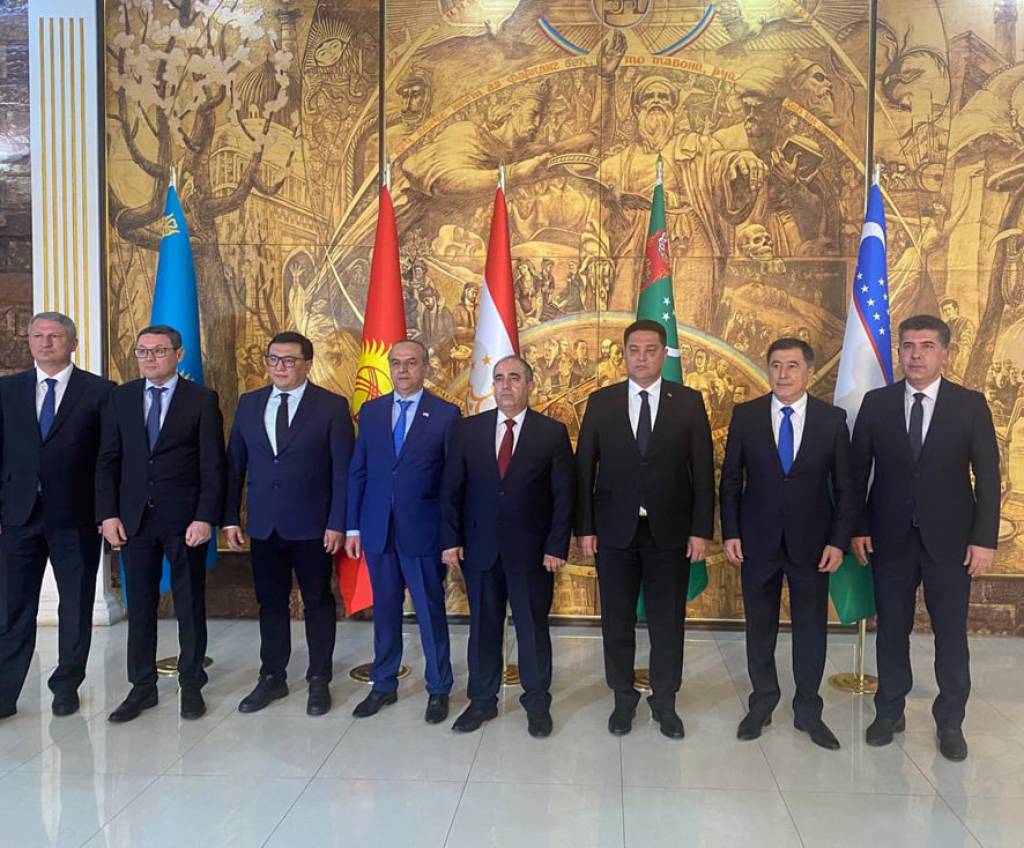
During the past few years Central Asia has shown remarkable cohesion at the international platforms, most notably the United Nations, said Akramjon Nematov, the deputy head of Uzbek Institute for Strategic and Interregional Studies.
He was speaking at the conference “Tajikistan and Central Asia: a policy of good neighborliness, mutual support, eternal friendship and common development”, held on 10 March 2023 in Dushanbe.
He said that since 2016, 18 resolutions of the UN General Assembly aimed at uniting the efforts of the international community in ensuring the sustainable development of the region were initiated and shepherded by the Central Asian countries in a coordinated manner.
In contrast, he said, during the previous 25 years (1991-2016) only 20 such resolutions were adopted by the UN General Assembly.
“Nevertheless, we should not rest on our laurels, it is necessary to continue joint work in the interests of ensuring stability and sustainable development of Central Asia,” Akramjon Nematov said.
According to him, “this is especially in demand today, when international relations are undergoing a profound transformation, accompanied by an increase in crisis phenomena in world politics and the economy. These processes directly affect the states of Central Asia and undermine their sustainable development. At the same time, it is obvious that the process of forming a new world order is a long-term trend that will only increase uncertainty and unpredictability in international relations.”
At the same time, he noted, the complex nature of these challenges requires a high level of consolidation, close coordination of efforts to effectively overcome them and maintain the achieved dynamics of the progressive development of the region. /// nCa, 13 March 2023